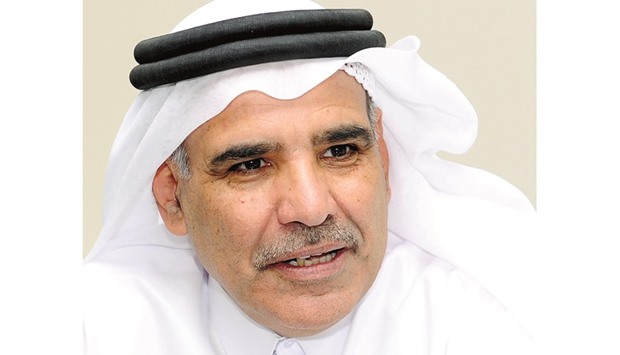Qatar plans to build around 1,000 megawatts of solar power generating capacity to diversify its energy mix away from hydrocarbons, the general manager of the state utility said on Sunday.
Qatar Electricity and Water Company said in late December it would hold 60% of a new solar power joint venture with Qatar Petroleum. The two shareholders will provide $500mn of start-up capital, Fahd al-Mohannadi told reporters on the sidelines of QEWC’s annual shareholder meeting.
International companies will be invited to back 40% of each project through a competitive tender process, Mohannadi said. “We decided to do it based on the fact that producing power from solar is cheaper than buying gas from the international market,” Mohannadi said.
He did not say when it would reach 1,000 MW of generating capacity. Abdulsattar al-Rasheed, business development director at QEWC, said setting up the joint venture should be completed around the end of this year or early in 2017. Mohannadi said solar would be a key part of Qatar’s future energy mix, since both coal and wind power had been ruled out and Qatar’s land mass was too small to consider nuclear power.
Peak demand for both electricity and water was expected to grow at 6 to 8% this year, from last year’s daily highs of around 7,000 MW and 330mn gallons of water, Mohannadi said.
However, the country has plenty of spare capacity and more coming online in the next two years, which will take generating capacity to 11,000 MW of electricity and 400mn gallons of water by the start of 2018.
The first phase of the Ras Abu Fontas A3 water plant expansion, built by a consortium led by Mitsubishi Corp, is due to be completed in September and will be fully operational in January 2017 when it produces 36mn gallons daily, according to a document distributed to shareholders. The Umm Al Houl power plant, also built by Mitsubishi and with total production capacity of 2,520 MW of electricity and 136.5mn gallons, will come on line in phases between April 2017 and July 2018, the document said.
Ras Abu Fontas will cost 1.75bn riyals ($480.6mn) and will be funded by loans from local banks, the document said.

International companies will be invited to back 40% of each project through a competitive tender process, al-Mohannadi says.
